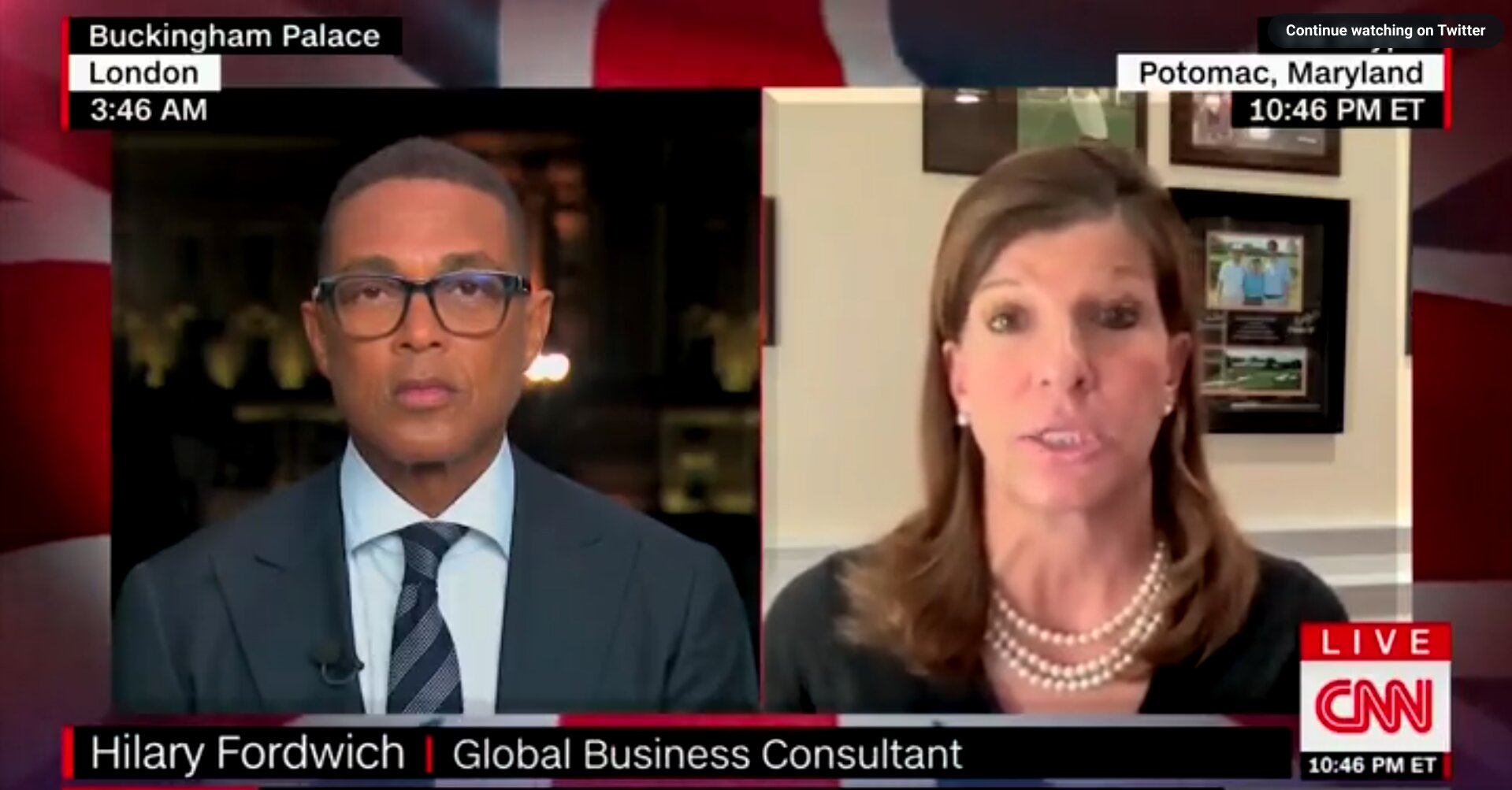With the passing of Queen Elizabeth II, there have been several stories looking at the Royal Family’s extravagant wealth which has led some to bring up the question of whether they should pay for England’s colonial past.
On Monday night, CNN’s Don Lemon had Hilary Fordwich, a royal commentator, on his show and he brought up the topic of the Royal Family’s wealth.
“This is coming when, you know, there’s all of this wealth, and you hear about it comes as England is facing rising costs of living, a living crisis, austerity budget cuts, and so on,” Lemon said.
He noted, “And then you have those who are asking for reparations for colonialism. And they’re wondering you know, $100 billion, $24 billion here and there, $500 million there. Some people want to be paid back. And members of the public are wondering, why are we suffering when you are, you know, you have all of this vast wealth? Those are legitimate concerns.”
Fordwich responded, “Well, I think you’re right about reparations in terms of if people want it, though, what they need to do is you always need to go back to the beginning of a supply chain.”
“Where was the beginning of the supply chain? That was in Africa, and when it crossed the entire world, when slavery was taking place, which was the first nation in the world that abolished slavery? The first nation in the world to abolish it, it was started by William Wilberforce, was the British. In Great Britain, they abolished slavery,” she continued.
Fordwich went on to suggest that “if reparations need to be paid,” people should look to Africa as she pointed out the history of African kings’ participation in the slave trade.
Watch the video below:
CNN’s @DonLemon tells royal commentator Hilary Fordwich the royal family should pay reparations — immediately regrets it pic.twitter.com/LotCfBoAym
— Tom Elliott (@tomselliott) September 20, 2022
England was the first major power to abolish slavery — a major step forward for society at the time — but it was not actually the first country to abolish slavery. Colonial Haiti abolished slavery in 1794 and Mexico abolished slavery in 1829.
Lemon asked specifically about reparations for colonialism, not just slavery, which centers on the notion that even though imperialist nations ended slavery, their rule of colonies continued well into the 20th Century and their economies impoverished.
Yes, England and other European powers colonized, oppressed, and pillaged other nations’ resources to benefit their own coffers — and enslaved millions. And by today’s standards, that is reprehensible and evil.
But it is not different than the course of nations for thousands of years prior to the colonial era. That was the standard operating procedure: A larger more powerful country sees a weaker nation rich with resources, wants those resources, takes over the smaller nation, and extracts its resources for itself.
To be clear, that’s not to say that history makes England or other European nations’ actions right or to try to dismiss the atrocities that occurred. Still, it is important to keep in mind the historical context of anyone’s actions.
And then there are practical questions about reparations. How much do advocates of reparations expect to receive? Would only small Caribbean or African nations qualify for reparations? Would India with its 1.3 billion people qualify for reparations? How would the money be divided among the former colonies? Would the money go straight to the governments? Would it even reach the people? Would it be based on population or some kind of metric focused on the state of each nation’s economy?
Giving money to nations to try to make up for the economic cost of colonialism may sound like a good start to making restitution for colonialism’s ugly history.
But will throwing cash at people who largely did not experience the worst of life as a British colony really solve the lingering societal and economic conditions of those nations? Or will it be a band-aid that only temporarily addresses colonialism’s mark?

























 Continue with Google
Continue with Google